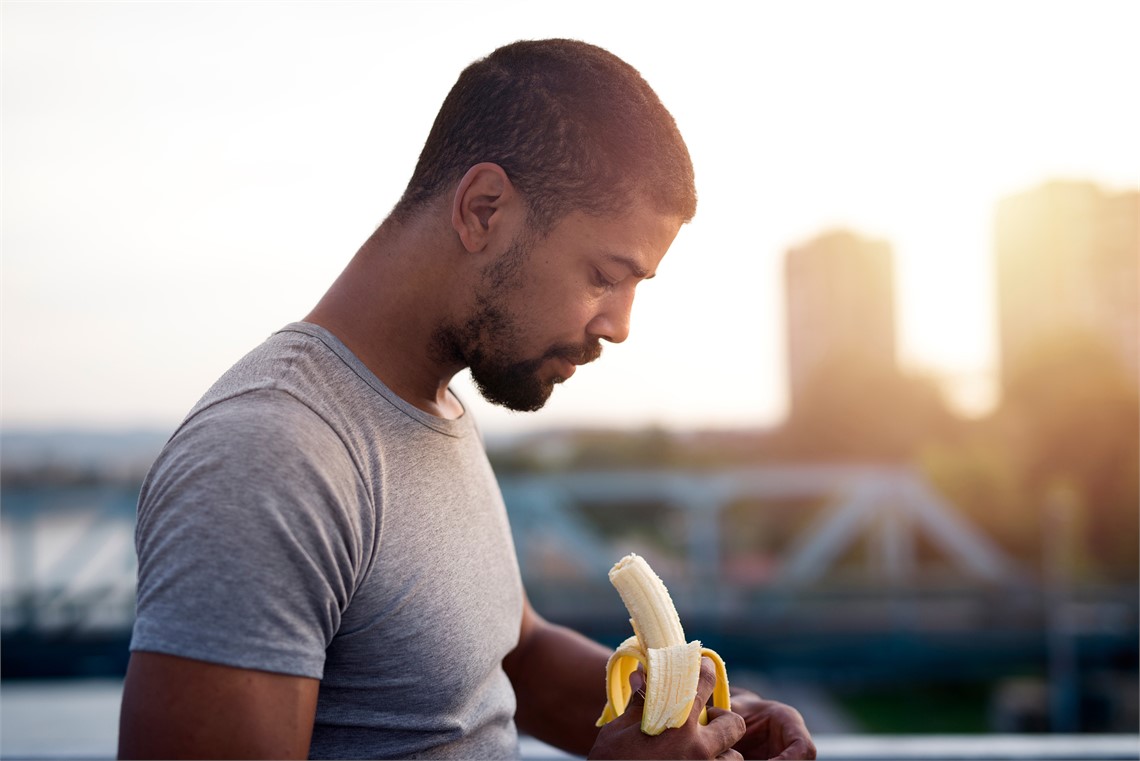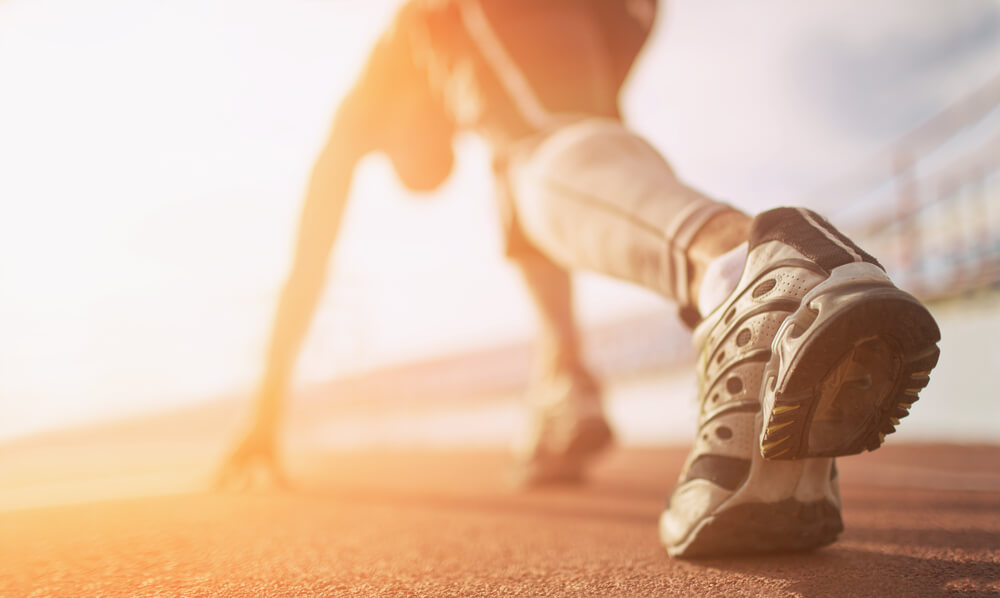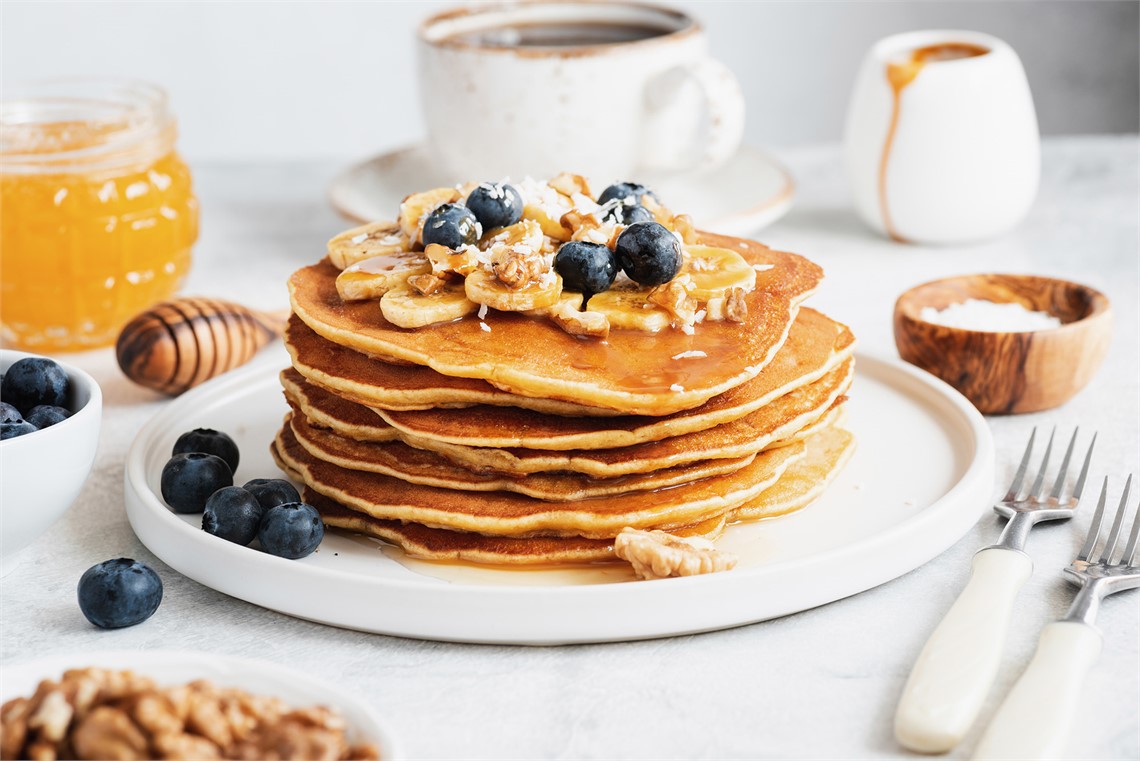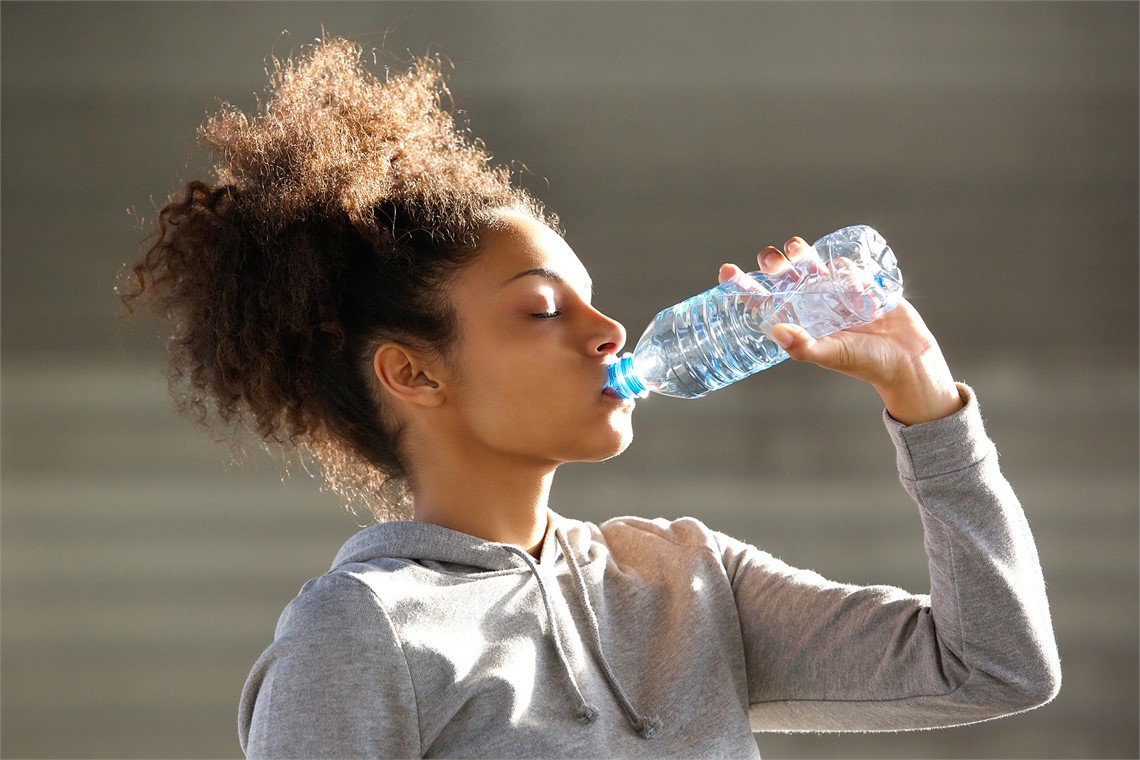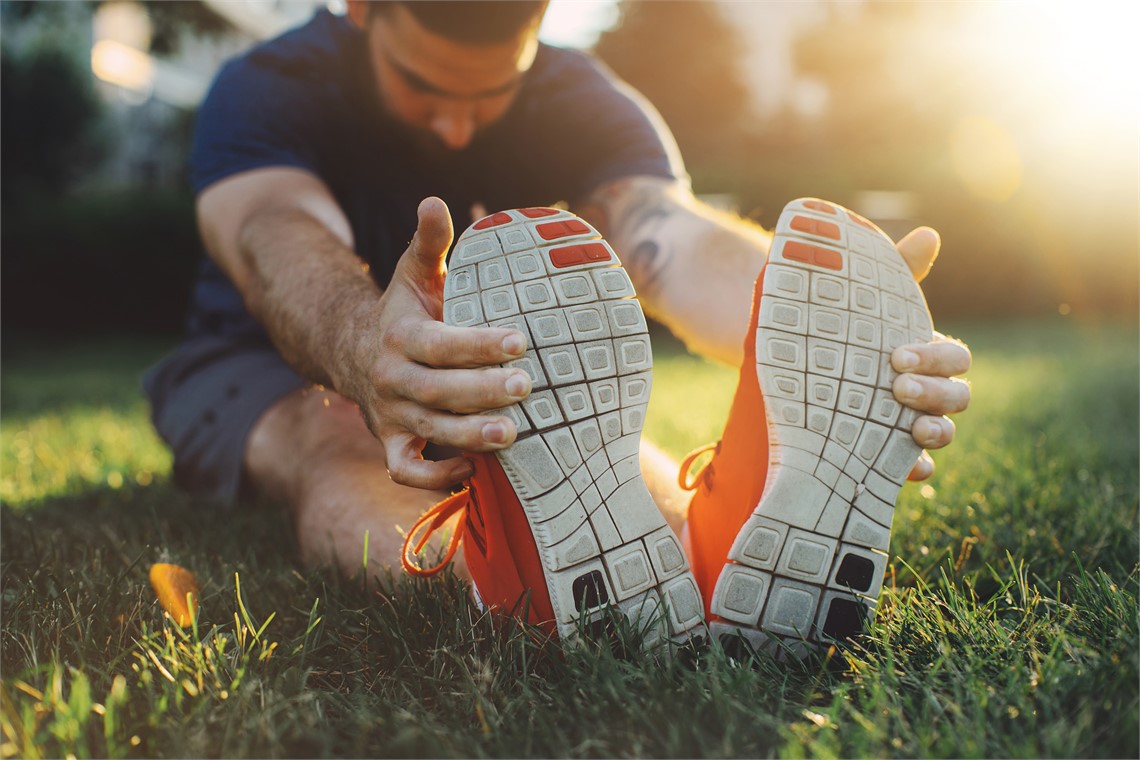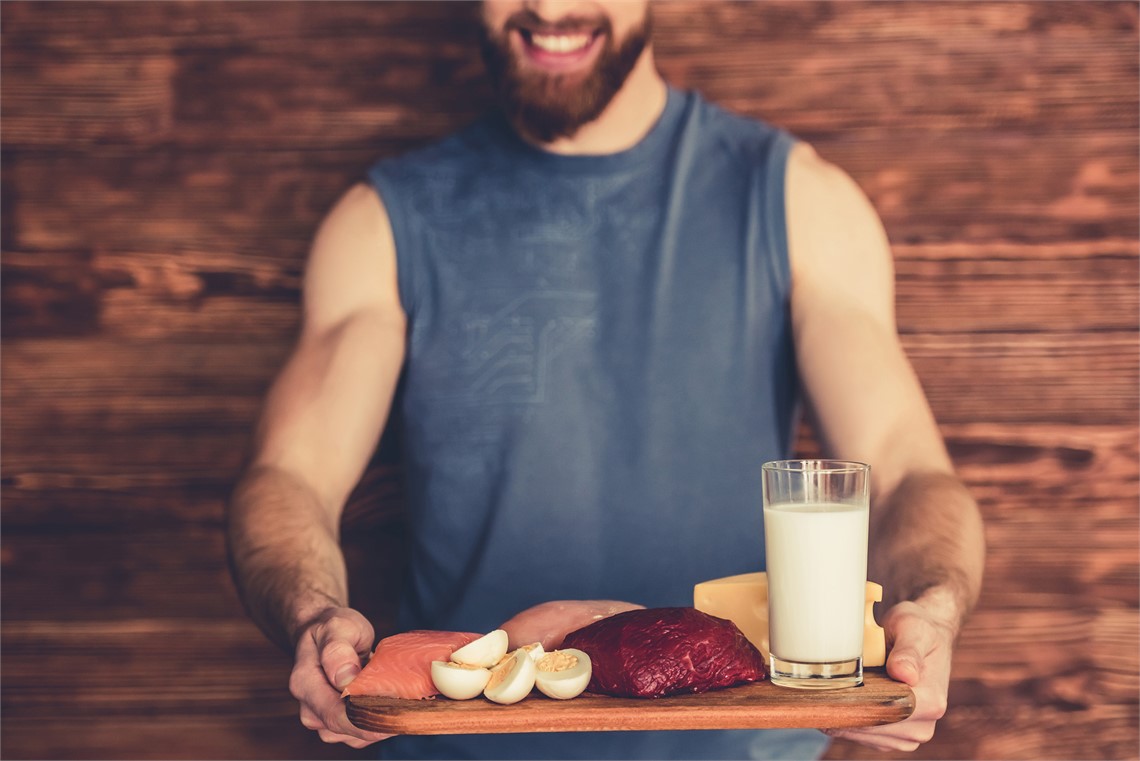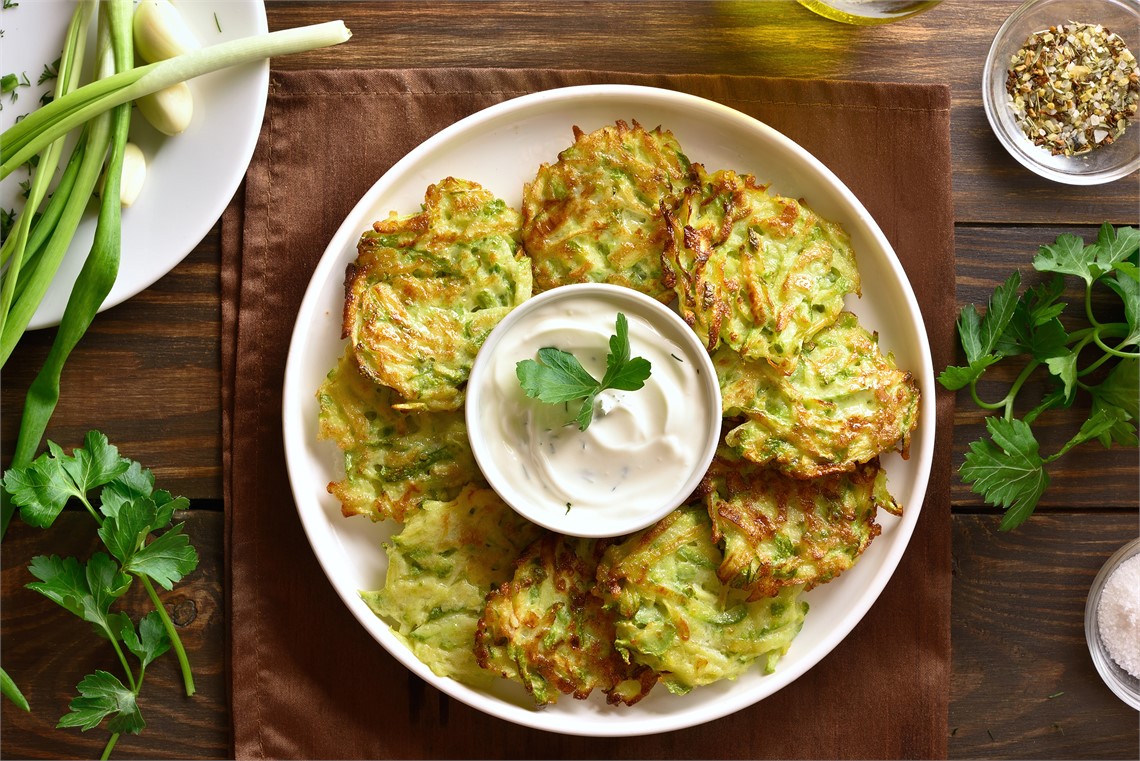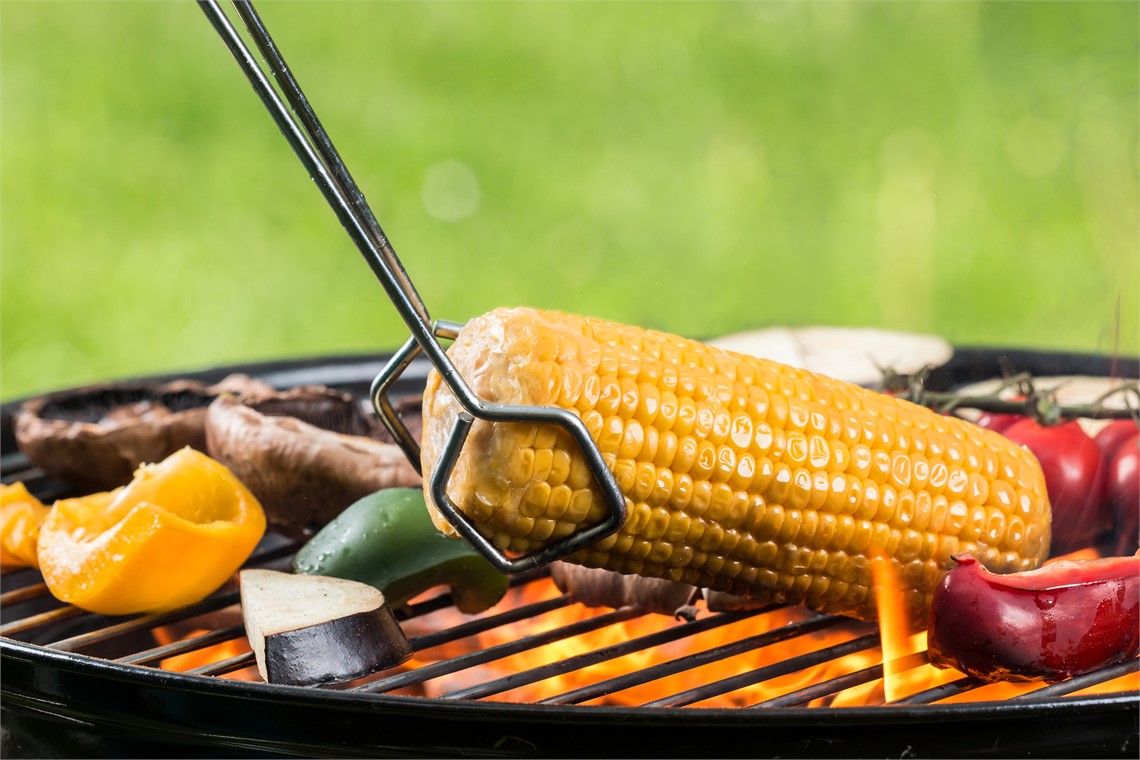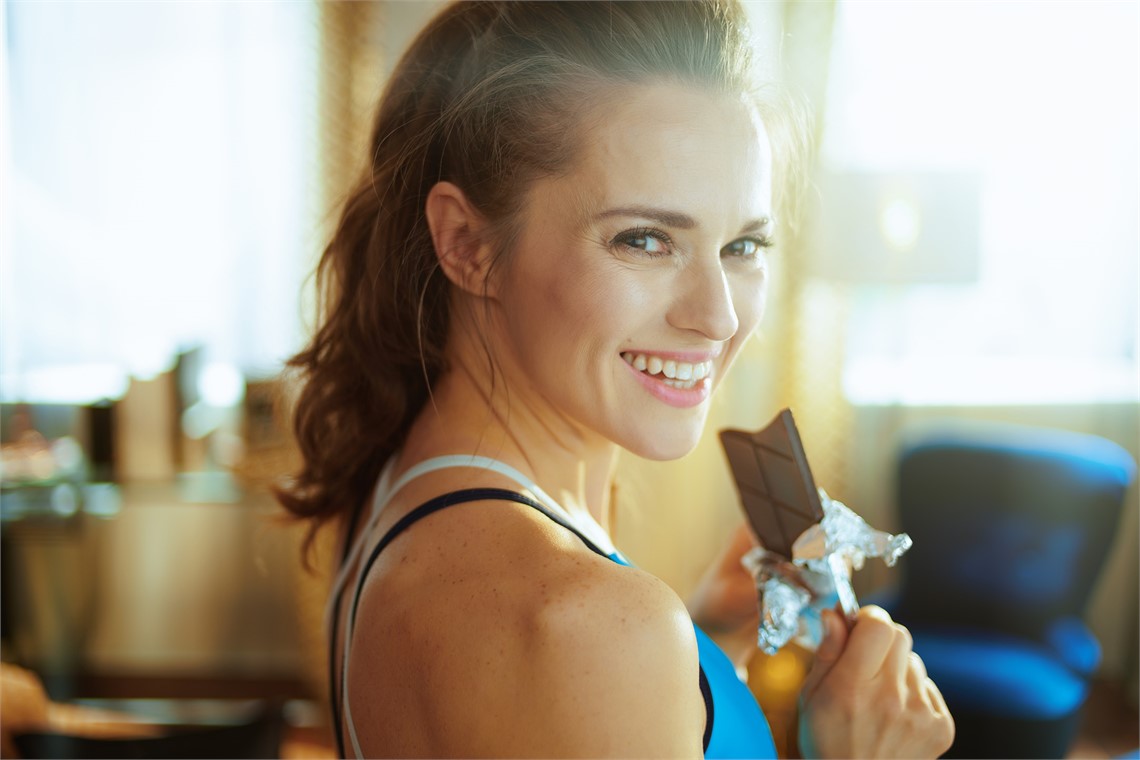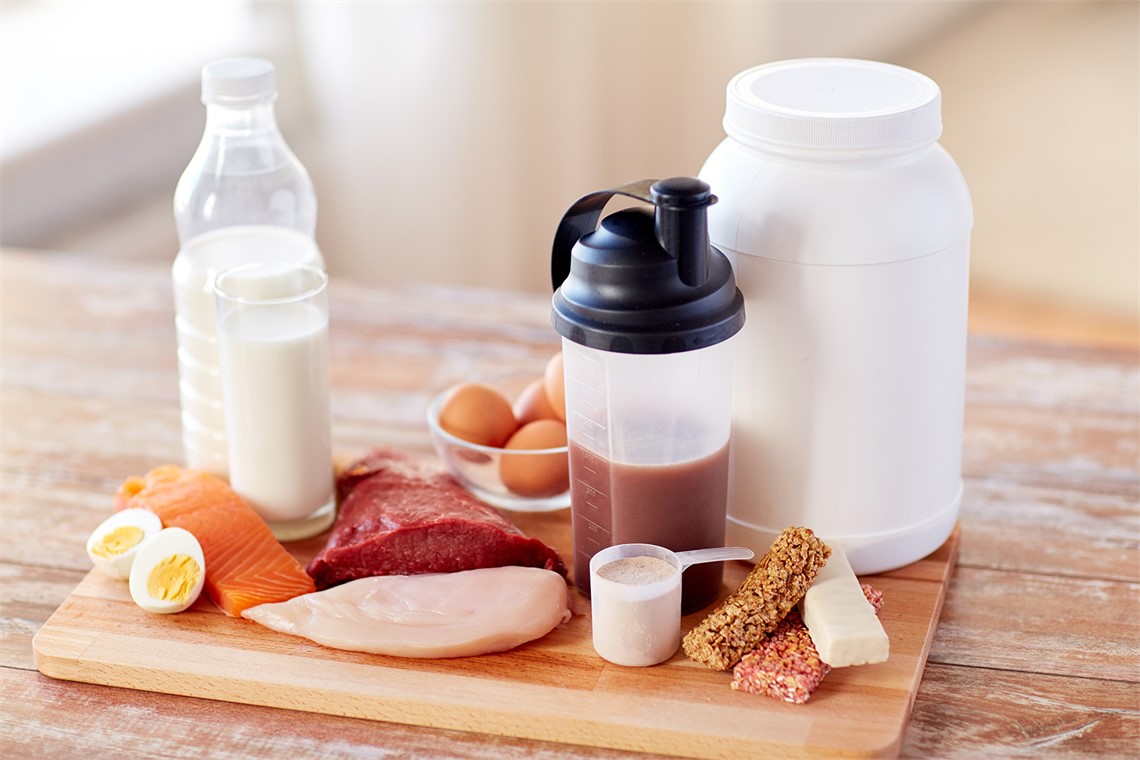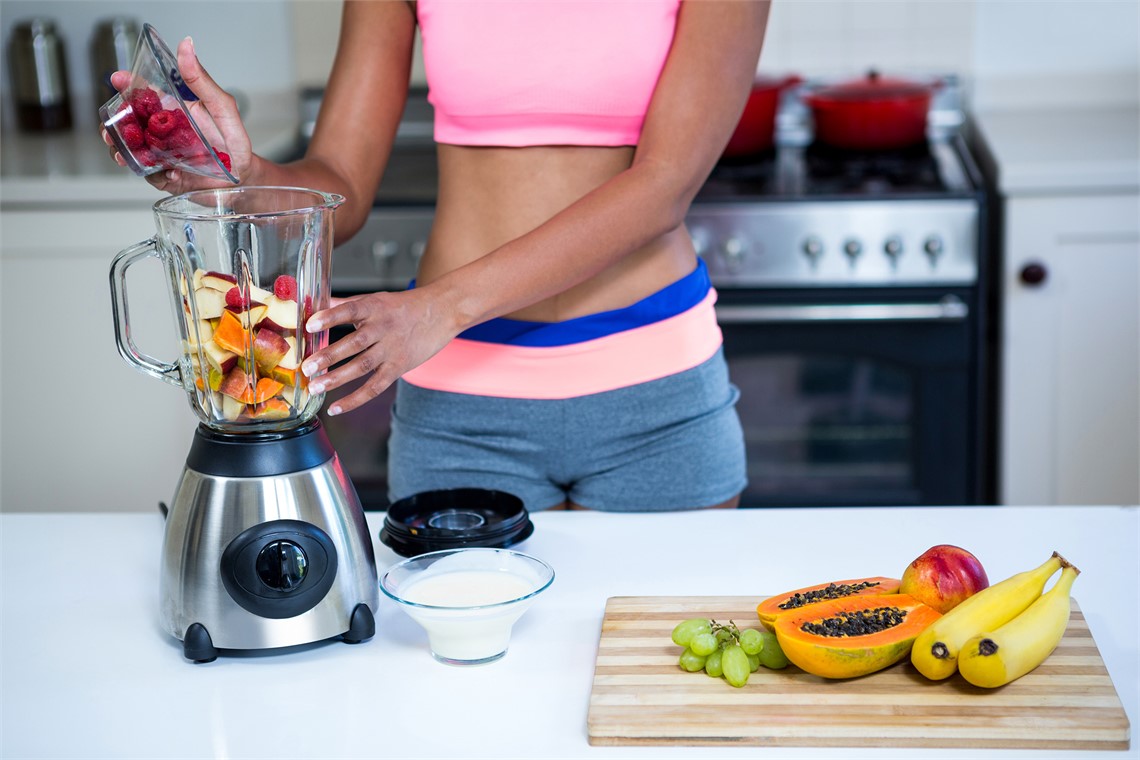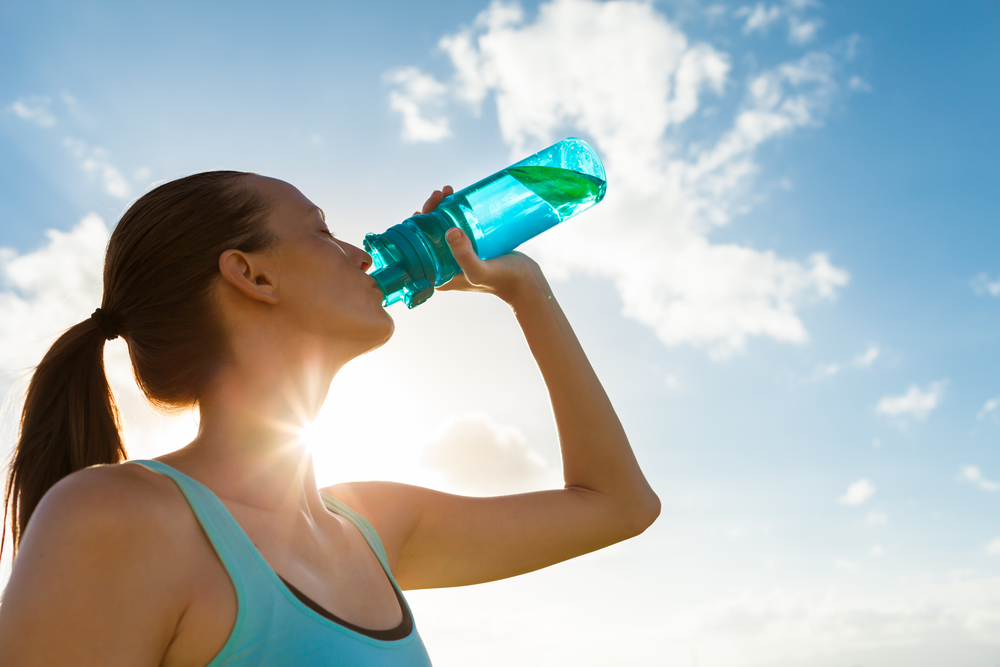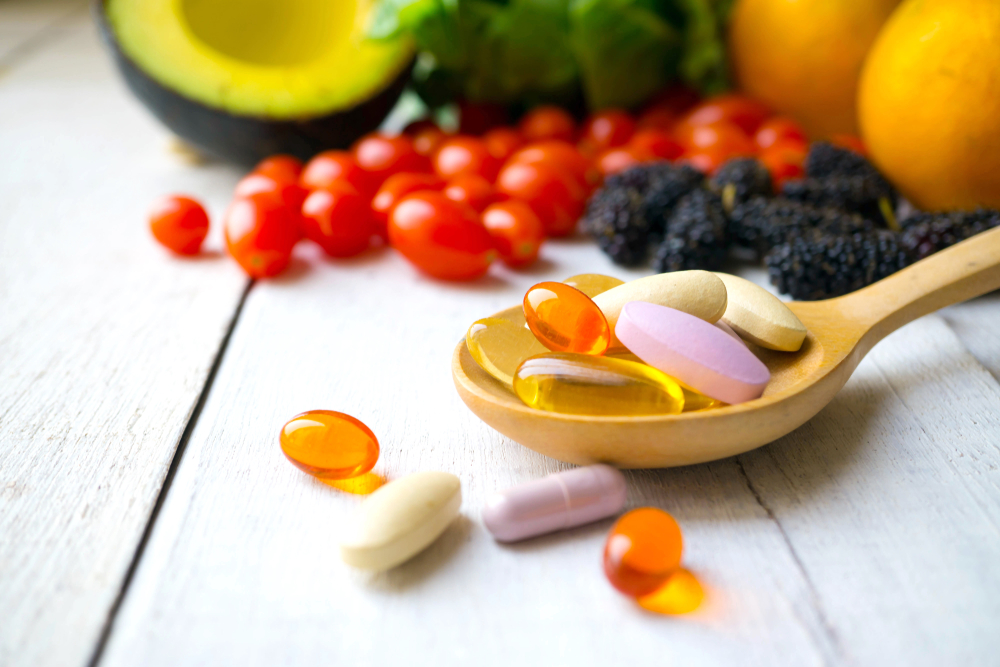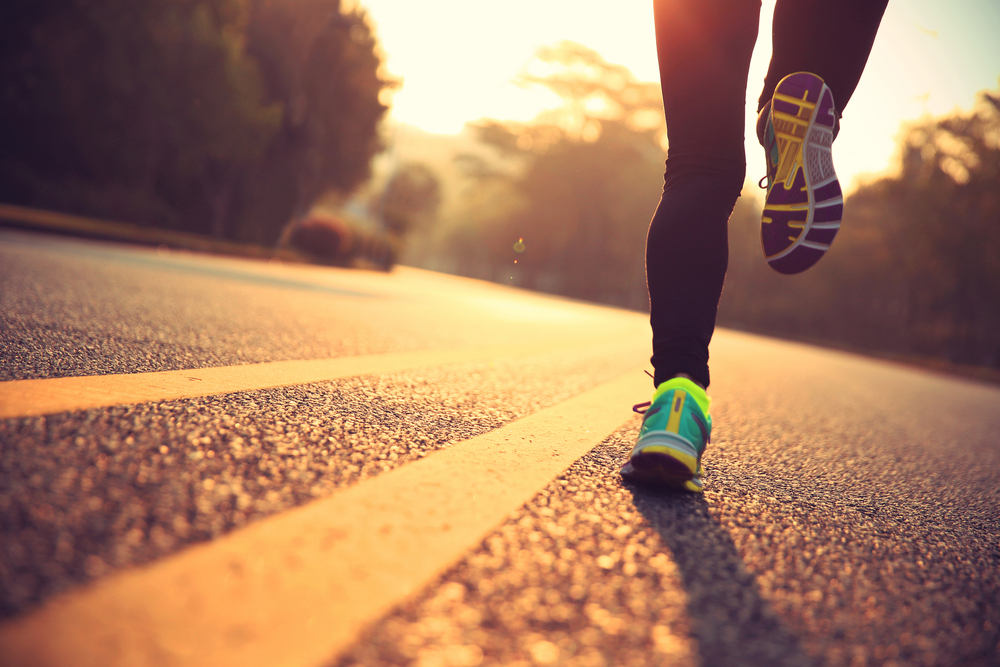Should you eat before running training or not? Our Fedhealth Dream Chasers dietician Andrea du Plessis weighs in.
Did you know?
If you run for less than one hour, whether it’s a training session or a race, it’s likely that you may not need any energy drinks or supplements during your run.
Energy supply to your muscles during one hour of running
The human body has sufficient energy stores for running up to one hour: first and foremost, in the form of glucose, which is circulating in your blood stream (most probably derived from your previous meal). Once this energy source runs low during a training session, glucose levels are supplemented from glycogen, a form of carbohydrate stored within your liver and your muscles. Glycogen is broken down to glucose through a process called gluconeogenesis, to maintain energy supply to your muscles.
Depending on your running intensity, small amounts of fat from your diet or even from bodily fat reserves, may also be utilised as an energy source during one hour of running.
Should you eat before your training session?
If you prefer not to take water or an energy drink with you during your run, make sure that you are well hydrated before exercise. Drink at least one glass of water within the hour before you start running.
Eating before your running training should be well timed: 30 to 90 minutes before your run is ideal for training. Don’t overdo it; your stomach will make you regret it if you overindulge just before a run!
Training in the morning:
- If you don’t eat late at night, it may be wise to eat something small at least 30 to 60 minutes before you start running, to ensure sufficient energy levels for the onset of your training session. Carbohydrates are easily released from items such as a small banana, small fruit yoghurt, a slice of toast with honey, a few crackers with marmite or honey, a small bowl of breakfast cereal or porridge with milk.
- However, if eating early in the morning makes you feel queasy, but you still feel you need a little bit of an energy boost, 100 to 200ml of an energy drink or a rehydration drink may suffice.
Training later in the day:
- Try to plan your meals during the day so that you consume your carbohydrates in the meal before your training: preferably one hour or longer before training.
- Pre-training meals that usually work well include: energy or muesli bars, smoothies, a protein or meal replacement shake, a sandwich, baked potato/sweet potato + cottage cheese or scrambled eggs on toast.
- Avoid the following foods pre-exercise, as they could result in indigestion and bloating: gassy cold drinks, rich, creamy, oily or deep fried foods; high fibre gassy veggies such as cabbage, onions, lentils or beans.
The most important thing to note is: what works well for another person may not work well for you. Try a few of the suggestions and stick with the options that work for you – listen to your body.
For more information, visit capetownmarathon.com or for any nutrition related questions, contact Andrea du Plessis on 084 403 6018, email andreaduplessis28@gmail.com or go to www.facebook.com/andreaduplessis.nutrition.expert
DISCLAIMER: The information on this website is for educational purposes only, and is not intended as medical advice, diagnosis or treatment. If you are experiencing symptoms or need health advice, please consult a healthcare professional.
